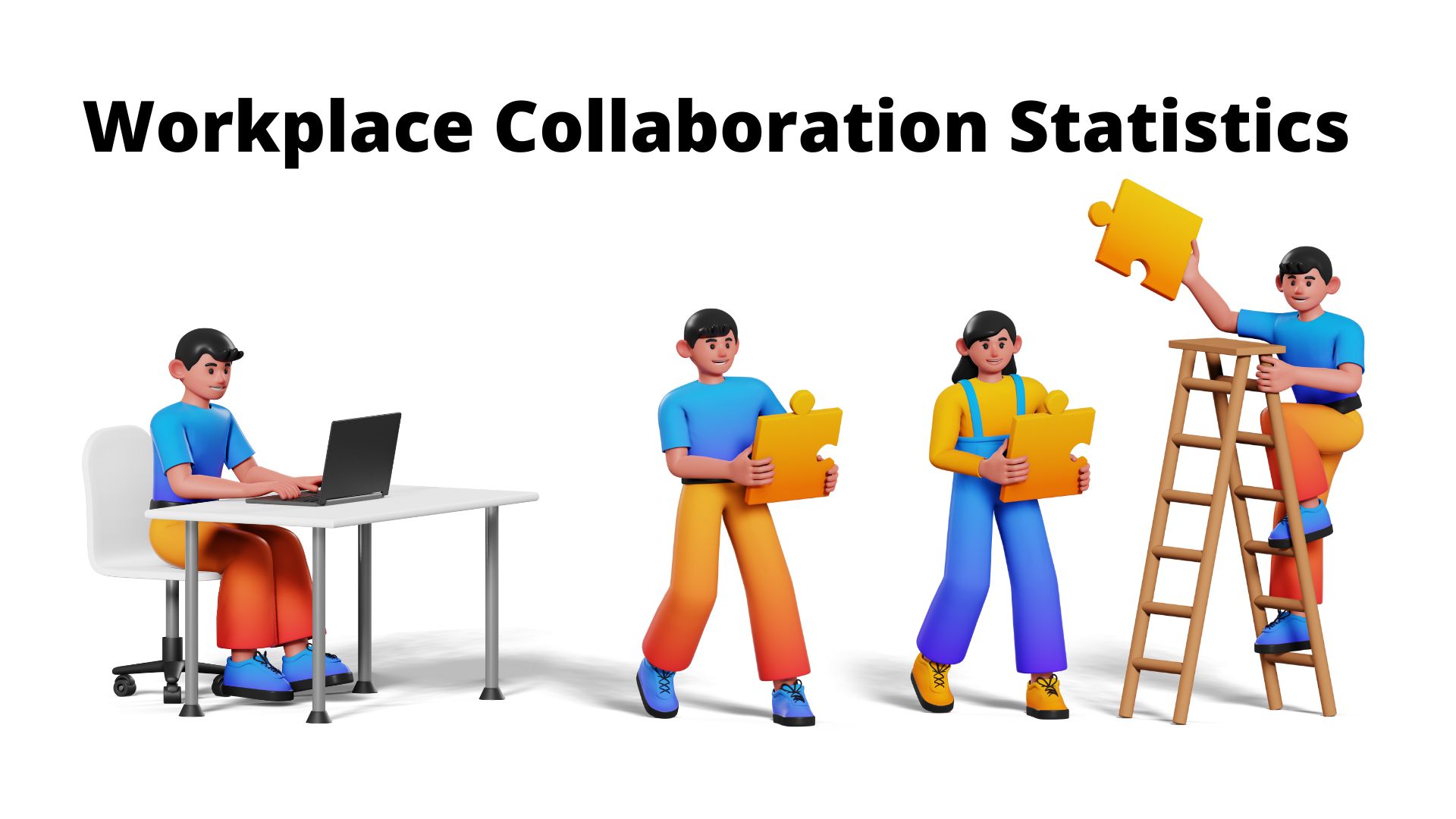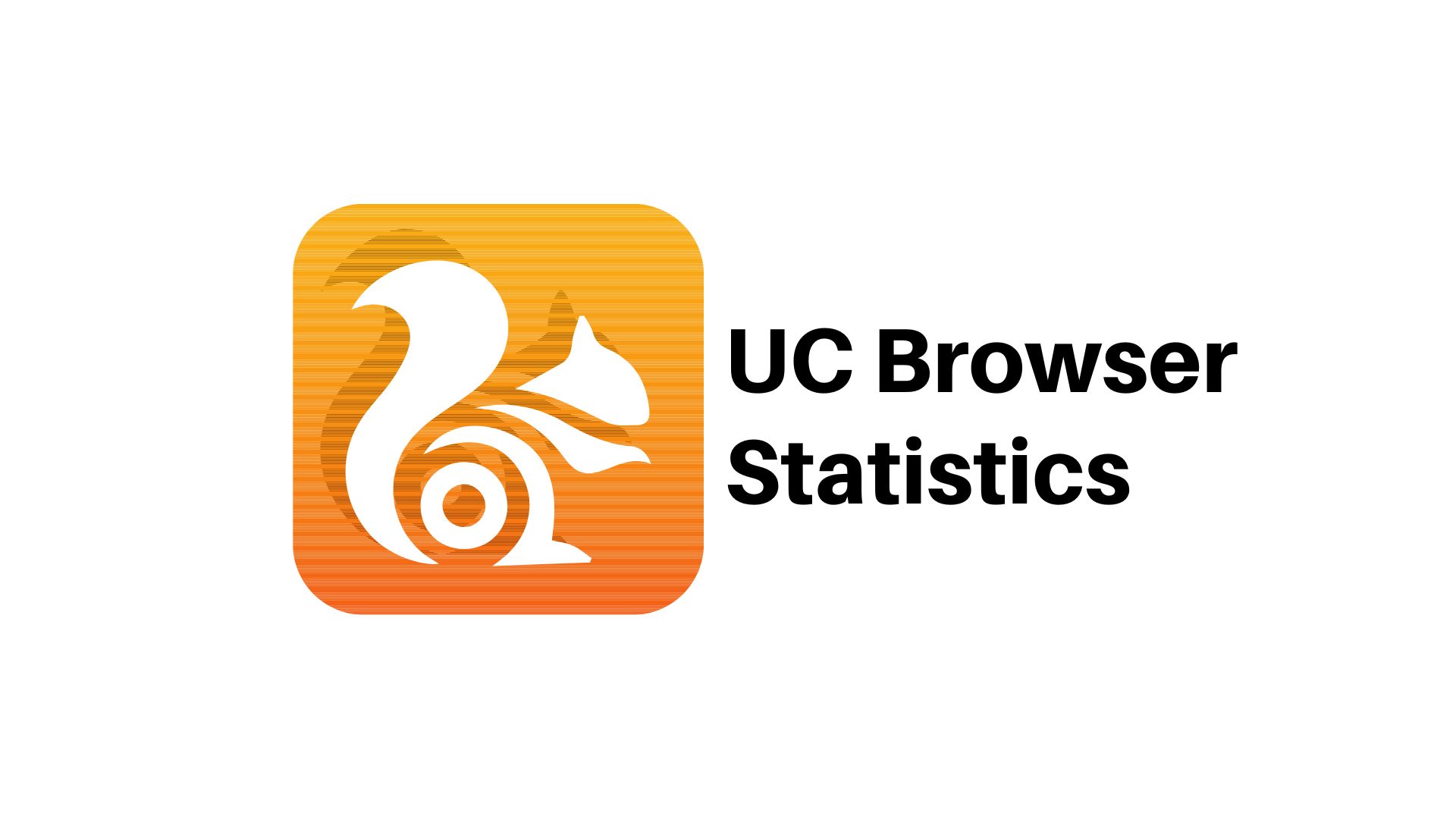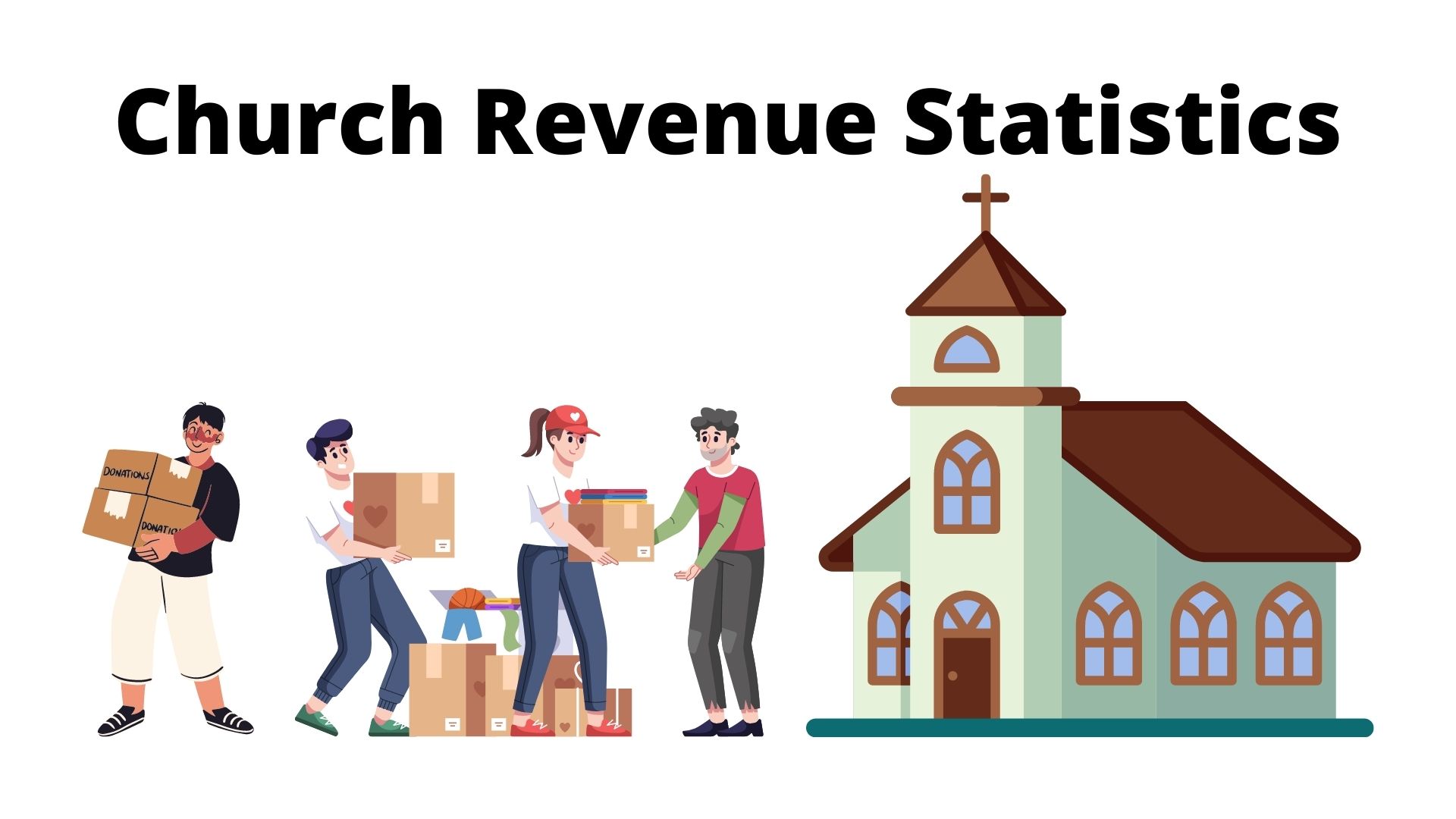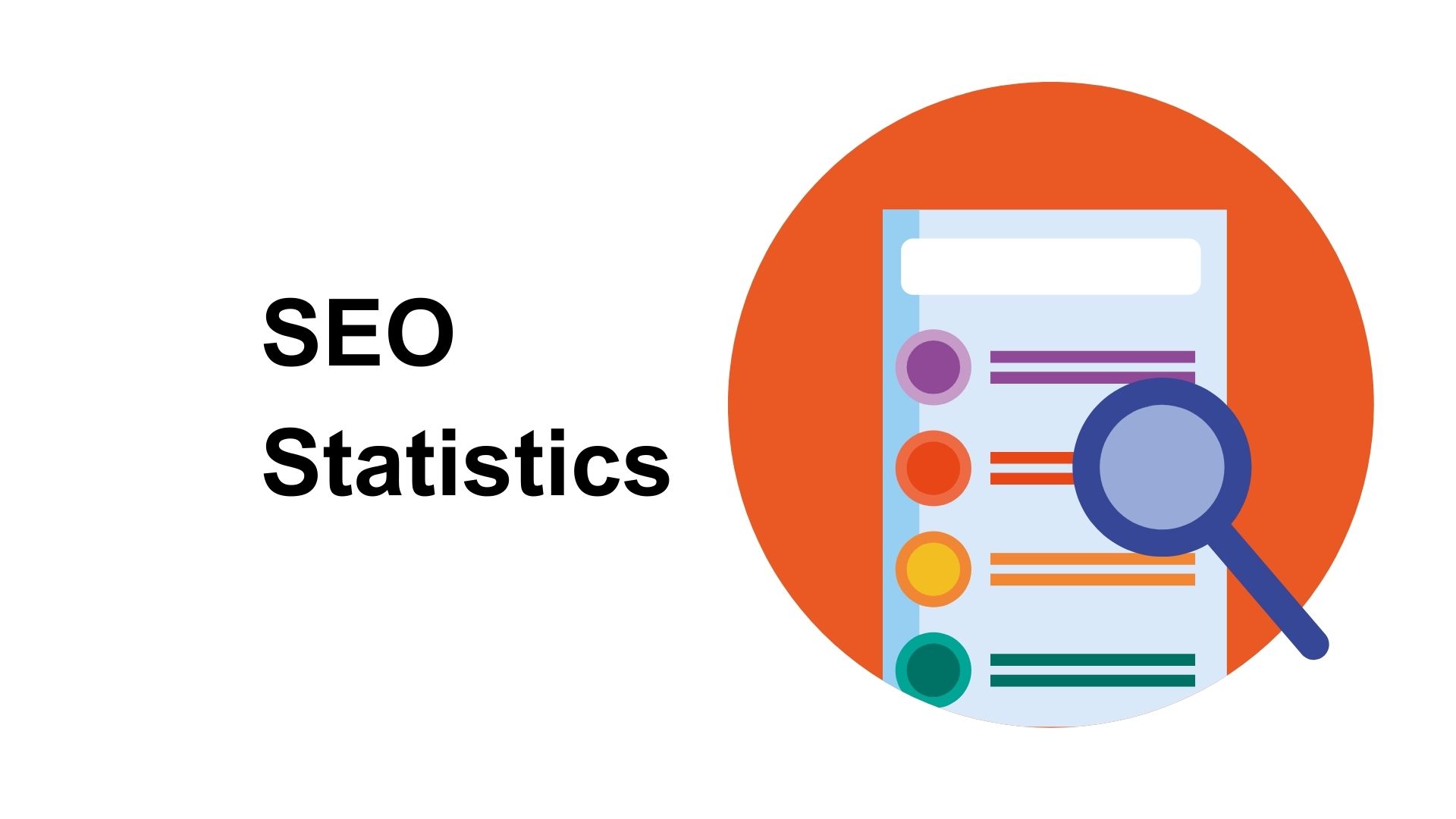Xactly CEO Chris Cabrera on Salesforce Compensation
 Converts — ex-smokers and former on-premise software vendors — are the most zealous of proselytizers, which is one reason internetnews.com wanted to talk to Chris Cabrera about two topics he is intimately familiar: the rise of on-demand applications and sales compensation.
Converts — ex-smokers and former on-premise software vendors — are the most zealous of proselytizers, which is one reason internetnews.com wanted to talk to Chris Cabrera about two topics he is intimately familiar: the rise of on-demand applications and sales compensation.
Cabrera, CEO of on-demand compensation application vendor Xactly, is well-placed to talk about both of those subjects.
Prior to taking this position, Cabrera was senior vice president of operations for Callidus Software ,which is a leader in on-premise sales-force compensation software.
This type of application allows companies to create more targeted incentives for their sales forces and, because it is delivered through the Web, also lets sales people see what their commissions will be in real time.
It can also help public companies comply with regulations like Sarbanes-Oxley because it gets compensation plans out of manual spreadsheet applications and into a more automated solution.
Xactly has taken off since it was launched in March 2005.
Admittedly riding the coattails of on-demand CRM leader Salesforce.com, Xactly is one of the top-three most-requested applications on Salesforce.com's AppExchange, a marketplace for software-as-a-service (SaaS) applications.
Cabrera would not reveal sales figures for the privately held company, but said the company is well ahead of schedule in terms of number of customers, subscribers and revenues, and noted that the company has grown to 60 employees.
Q: Why do you say that sales compensation is the next big thing?
It is the next big thing because companies, just like athletes, are looking for that edge to give them a competitive advantage that is unfair.
Unfortunately, some athletes do illegal things like take steroids to get that edge. Our customers can use compensation to get that advantage.
Compensation done correctly and provided with Web-based visibility can give an unfair advantage to these companies.
The big homerun here is that with an on-demand compensation application, you can create better plans, and you can pay based on different things that drive better behavior.
When you combine that with Web-based visibility, you can get your reps to sell more stuff, sell fries with the shake, cross-sell, up-sell — all those kind of things that they're less likely to do today because they're not being driven by their comp.
They're just selling whatever they can sell, as opposed to selling what you want them to sell and the right mixes of what you want them to sell.
Q: Analysts have noted that SaaS is sneaking into the enterprise through the backdoor as a means of getting around IT. What role should IT play with regards to SaaS? Should they stay out of the way?
Not at all. IT should be concerned that on-demand companies are providing secure access and are taking care of the data.
I'm not a proponent of some of these fly-by-night kind of on-demand things where they're using it as a moniker and they're hosting it in their closet.
That's a danger, and there should be IT there to say “don't do that.”
The good companies are all SAS70-approved and doing it the right way. In most cases where we keep peoples' data, it is way more secure than where they keep it themselves.
The good news is IT doesn't have to baby sit the thing anymore. They don't have to buy hardware and install it and do upgrades.
That part of it they can walk away from, but they still need to be involved.
Q: Another issue people have raised is that on-demand applications don't work off-line.
The only place right now I can't be connected to the Web is on an airplane. The world is changing and the thing about being tethered is going away.
That's why I don't see that as a big hurdle over time. Ten years from now, am I going to be carrying my laptop around worried about do I have Microsoft or PowerPoint on there?
Or am I going to walk into a prospect's office and get on a dumb terminal and access Google or something and with some security just have all my stuff on there and give a presentation and then log off?
I think it's going to be more the latter, rather than carrying around this little box everywhere I go.
Q: SaaS is all about a multi-tenancy and a single instance of the application. But that stops people from customizing to their needs, doesn't it?
Customization of software means a lot of different things to a lot of people.
What customers really want is configuration. They want to be able to have the software talk to them in terms they understand.
If they call them reps, then it should say reps; if they call them salespeople it should say salespeople.
They want to be able to change the labels and make them look and feel the way they're used to and they want to.
All of this can be done with these applications without changing any core code.
What customers should not want and what companies like us don't let them doing is customizing the code level — because the crux of an on-demand application is multi-tenancy, a one-to-many model.
That one-to-many model is what allows me as a vendor to provide my customers a better service.
I don't have to maintain multiple disparate versions of my software. I don't have to develop my application to run on all different types of databases.
I don't have to worry that half my installed base is on an old version and half on a different version.
As soon as you want to get a vendor to customize their code, you're asking them to do that. I think that's a bad thing.
Q: How crucial is a healthy ecosystem to the development of SaaS?
SaaS doesn't require a huge ecosystem. You can take a point application like Xactly and get an immediate return on your investment.
Having said that, will you get more value out of it because it's fully integrated with an ecosystem and you have single sign-on and a rep can be working with their contact management or leads or opportunities one minute, and then look at their com plan through the same screen?
Absolutely that's better. It's a question of degrees of goodness.
Right now, the lowest degree of goodness is we can install this as a point product with no ecosystem, and our customers will be happy and they will be paying people accurately. They will have that unfair advantage we talked about.
Once they tap into the ecosystem piece of it, the degrees of goodness will go through the roof.
I'll be the first to admit that the market's not there yet. But this is where, again, let's look five years from now.
I think you'll see an incredible ecosystem of on-demand players that are all inter-linked and that are working together and the beneficiary will be the customer who can tap into the ones they want inexpensively and quickly and receive major ROI benefits.

Michael Singer is a career coach, podcast host, and author to help you step into a career you're excited about. Currently, He is a coach and trainer helping entrepreneurs and executives achieve business and leadership success. He is also an award-winning business journalist focused on the intersection of technology, Big Data, Cloud, SaaS, SAP, and other trending technology.



